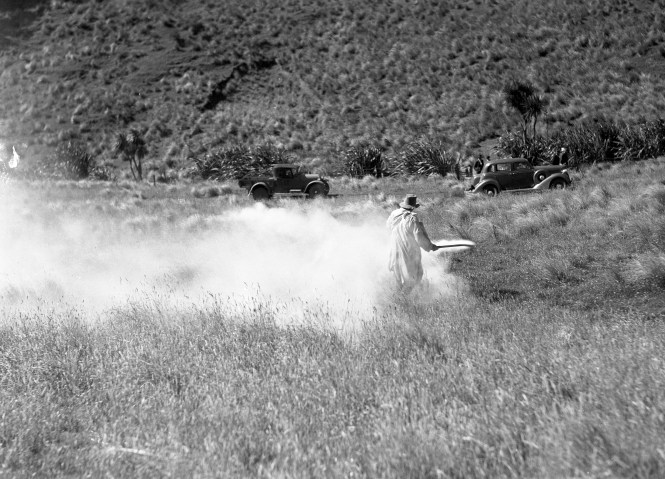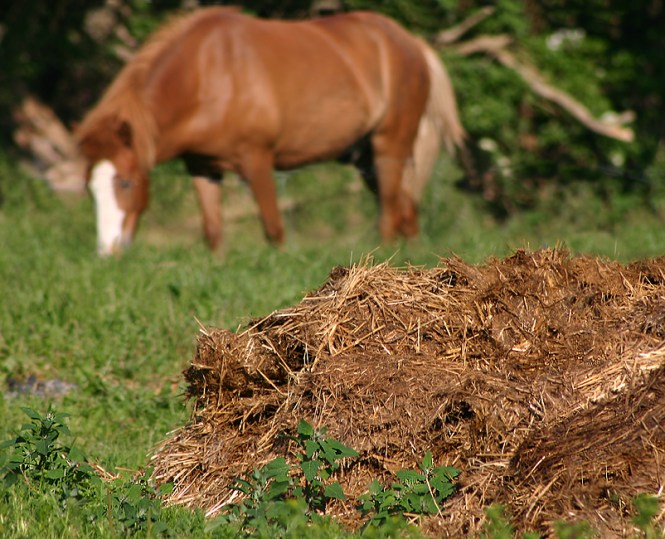Fertilisers and Manure
Fertilisers and manure are the substances which are added to the soil to increase its fertility and make it nutrient rich so as to assure healthy growth of plants.
However, used for same goal i.e., assuring health growth of plants there are many dissimilarities between the manures and fertilisers.
Why we need fertilisers and manure?
As we know plants needs nutrients to grow and remain healthy but for providing nutrients soil has its own limitations. Crop after crop demanding the same nutrients makes soil deficient in particular nutrients. Here comes fertilisers and manures to fulfil those nutrients.
Alternatively, crop rotation and leaving land uncultivated (fallow) for one crop season between alternative crop seasons also helps in replenishing nutrients.
What is crop rotation?
Crop rotation is the practice in which farmer grows alternative crops which require different set of nutrients. In this way soil gets time of one crop season to replenish nutrients which are required for the other crop.
What are fertilisers?
Fertilisers are man-made (generally in factories) chemicals that are used to fulfil nutrition demands of the plants.

Examples of fertilisers
Some examples of fertilisers are NPK (Nitrogen, Phosphorus, Potassium), Urea, Super Phosphate, Ammonium Sulphate, Potash etc.
Advantages of fertilisers
- They help farmers in getting better yield.
- They are easy to store, transport and apply
- They are easily absorbed by plants
- They are reliable
Disadvantages of fertilisers
- Excessive use make soil less fertile
- Fertilisers are source of water pollution
- They are expensive
What is manure?
Manure is the substance made by decomposition of plant and animal waste. This decomposition is done by microorganisms.

Advantages of manures
- It replenishes soil with nutrients
- It improves texture of soil
- It increases number of friendly microbes
- It improves water retaining capacity of soil
- It makes soil porous which helps in exchange of gases
- Disadvantages of manures
Similarity between fertilisers and manures
- Both help in increasing fertility of soil
- Both help in increasing productivity of crops
- Both help in growth of plants
Differences between fertilisers and manure
| Manure | Fertiliser |
| It is organic substance obtained by the decomposition of animal waste and plant residue | Fertilisers are inorganic salts made by humans |
| It is relatively less rich in nutrients | It is relatively more nutritious to the plants |
| It can be prepared in fields | It is prepared in factories |
| It provides humus to the soil | It doesn’t provide any humus to the soil |
| It enhances water holding capacity of soil | It doesn’t |
Image Source:
By Malene Thyssen – Own work, CC BY-SA 3.0, https://commons.wikimedia.org/w/index.php?curid=225637
By M. M. Burns – https://livingheritage.lincoln.ac.nz/nodes/view/7252, CC BY 3.0, https://commons.wikimedia.org/w/index.php?curid=84848856